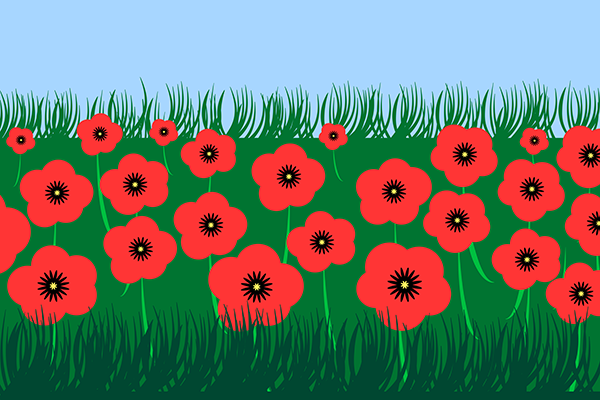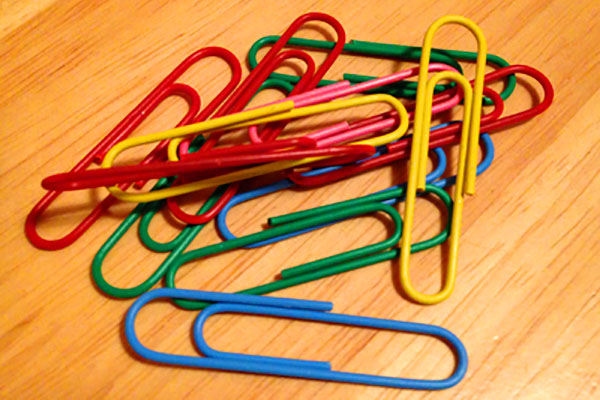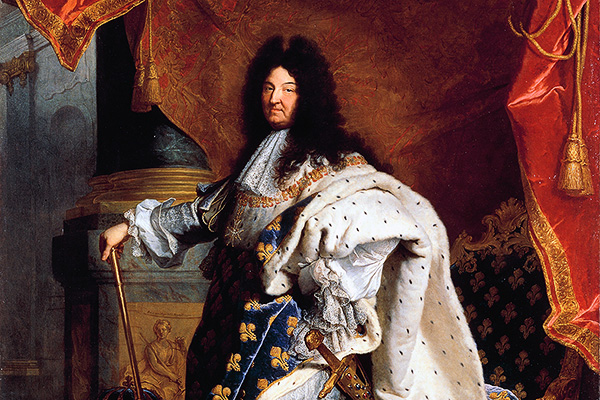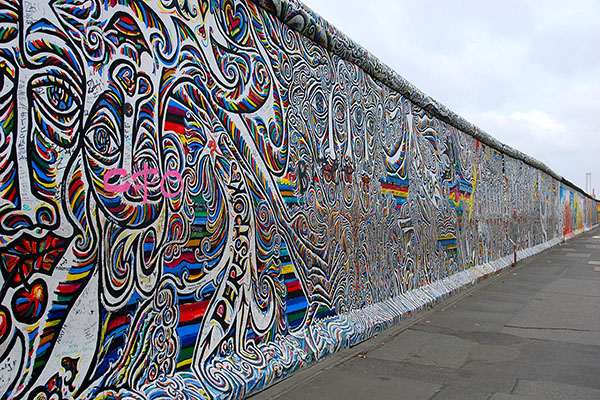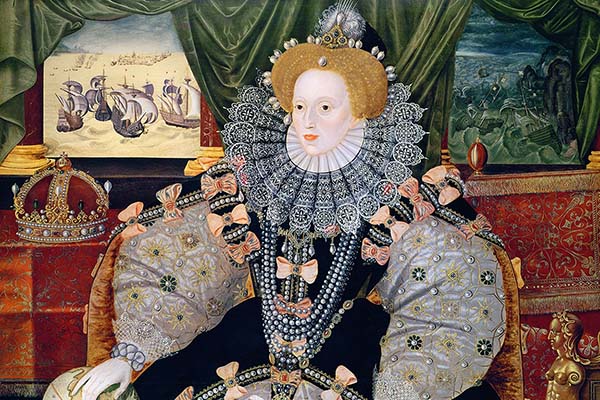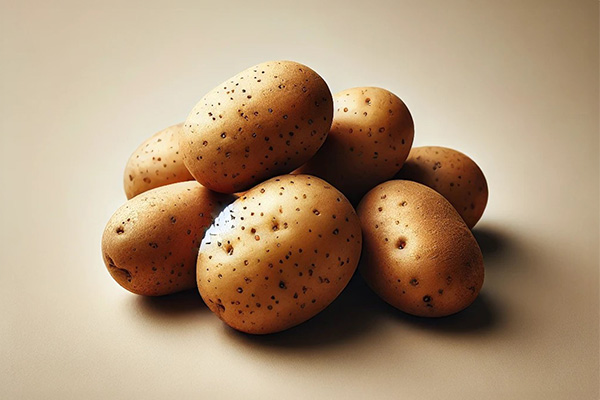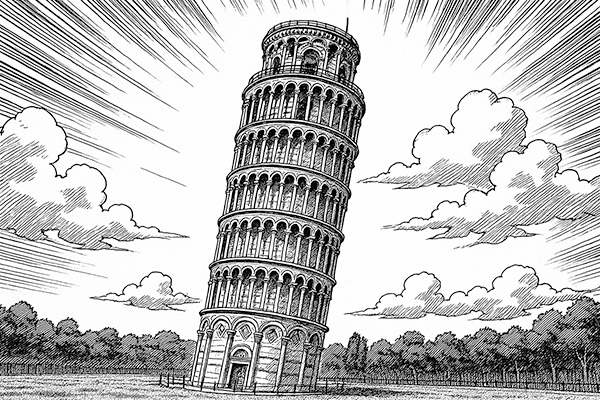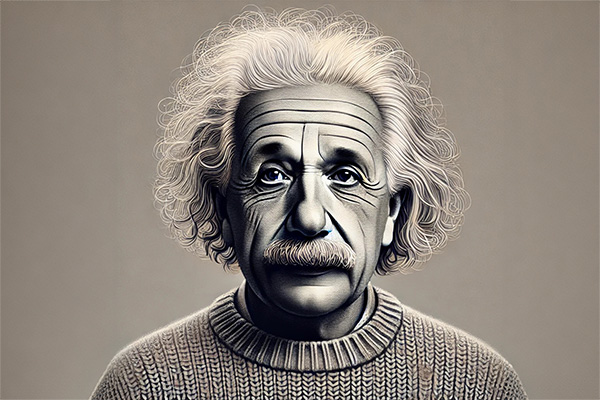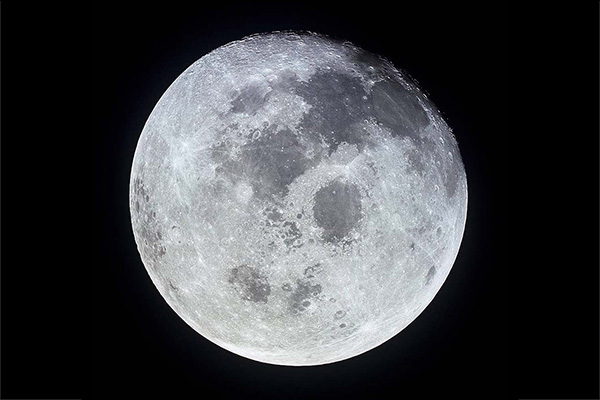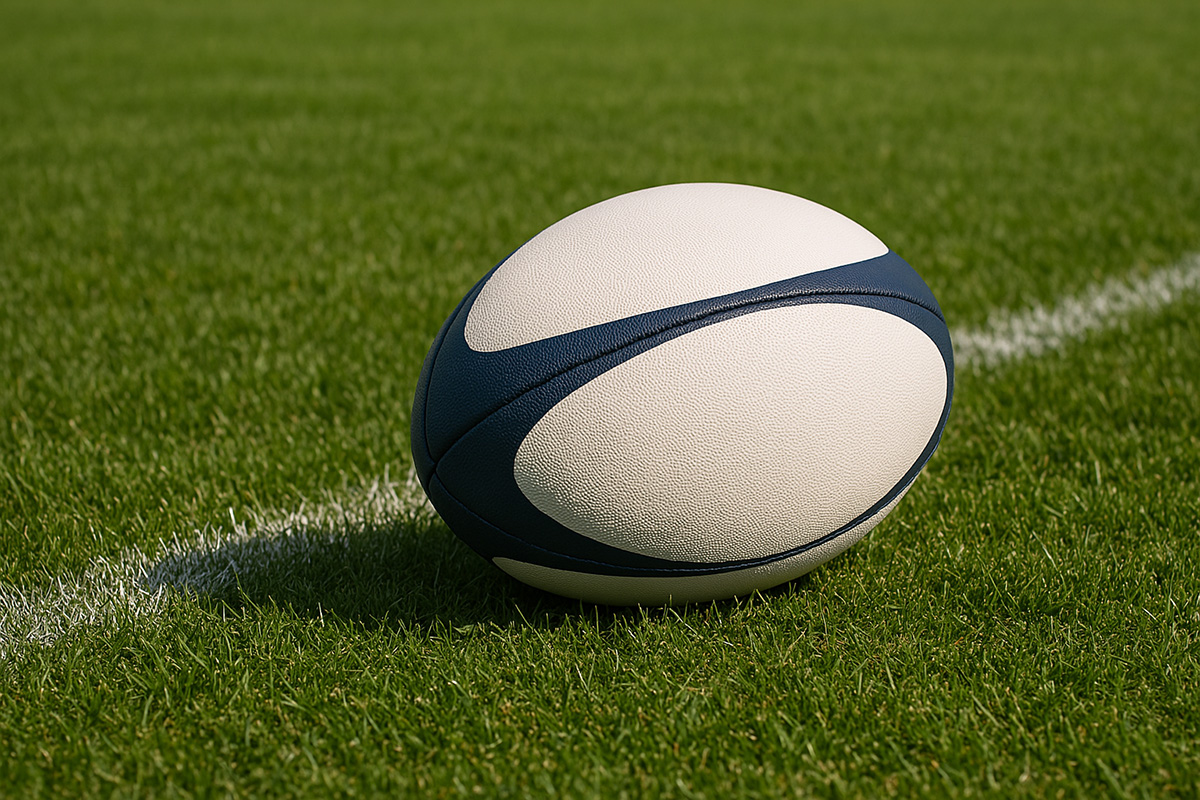
The sport takes its name from Rugby School, where it is said to have been invented in 1823 when a student named William Webb Ellis supposedly picked up the ball during a football match and ran with it. While the story may be more legend than fact, Webb Ellis is honoured with the Webb Ellis Cup, awarded to the winners of the Rugby Union World Cup.
Early rugby balls were shaped by the pig bladders used inside them, resulting in a plum-like shape. When rubber bladders replaced pig ones in the late 19th century, Rugby School insisted their balls remain distinctively egg-shaped - leading to the iconic oval ball we know today.
In the 19th century, ball-makers had to blow up the pig bladders by mouth - a hazardous task if the bladder was diseased. Richard Lindon's wife, who helped him make balls for Rugby School, reportedly died from an infection caught this way.
Rugby union featured in the Olympics between 1900 and 1924. The USA won in 1924, meaning they technically held the Olympic rugby title for 92 years! The sport returned at Rio 2016, this time as rugby sevens, a shorter, faster-paced version. Fiji won the men's gold, while Australia took gold in the women's event.
When New Zealand performed the haka before a 1905 match against Wales, the Welsh players spontaneously responded by singing "Hen Wlad Fy Nhadau" ("Land of My Fathers"). The crowd joined in, marking the first known singing of a national anthem before a sports game.
The tournament began in 1987, co-hosted and won by New Zealand. Since then, South Africa has won four times, New Zealand three, Australia twice, and England once. The most recent tournament was held in France in 2023, where South Africa beat New Zealand to become the current champions.
Originally, grounding the ball (a "try") didn't earn points - it simply gave a team the chance to try to score a goal via a kick. Today, a try is worth 5 points in rugby union and 4 points in rugby league, with a successful conversion adding 2 more.
There are two main types of rugby: Rugby Union and Rugby League. Both share similar rules and the same-shaped ball, but they differ in team size, scoring, and how the game is played. Rugby union has 15 players per team and places more emphasis on scrums, rucks and line-outs. Rugby league has 13 players and features a six-tackle rule, similar to downs in American football. Union is played more globally, while league is especially popular in parts of northern England and Australia.
The Gil Evans whistle, first used in a 1905 England vs. New Zealand match, is ceremonially blown to begin the opening game of every Rugby World Cup - linking the modern game to its historic roots.
The first international rugby match was played between Scotland and England in 1871 in Edinburgh, with Scotland winning 1-0 under the old scoring system. It happened 18 months before the first ever international football (soccer) match - also between Scotland and England.

